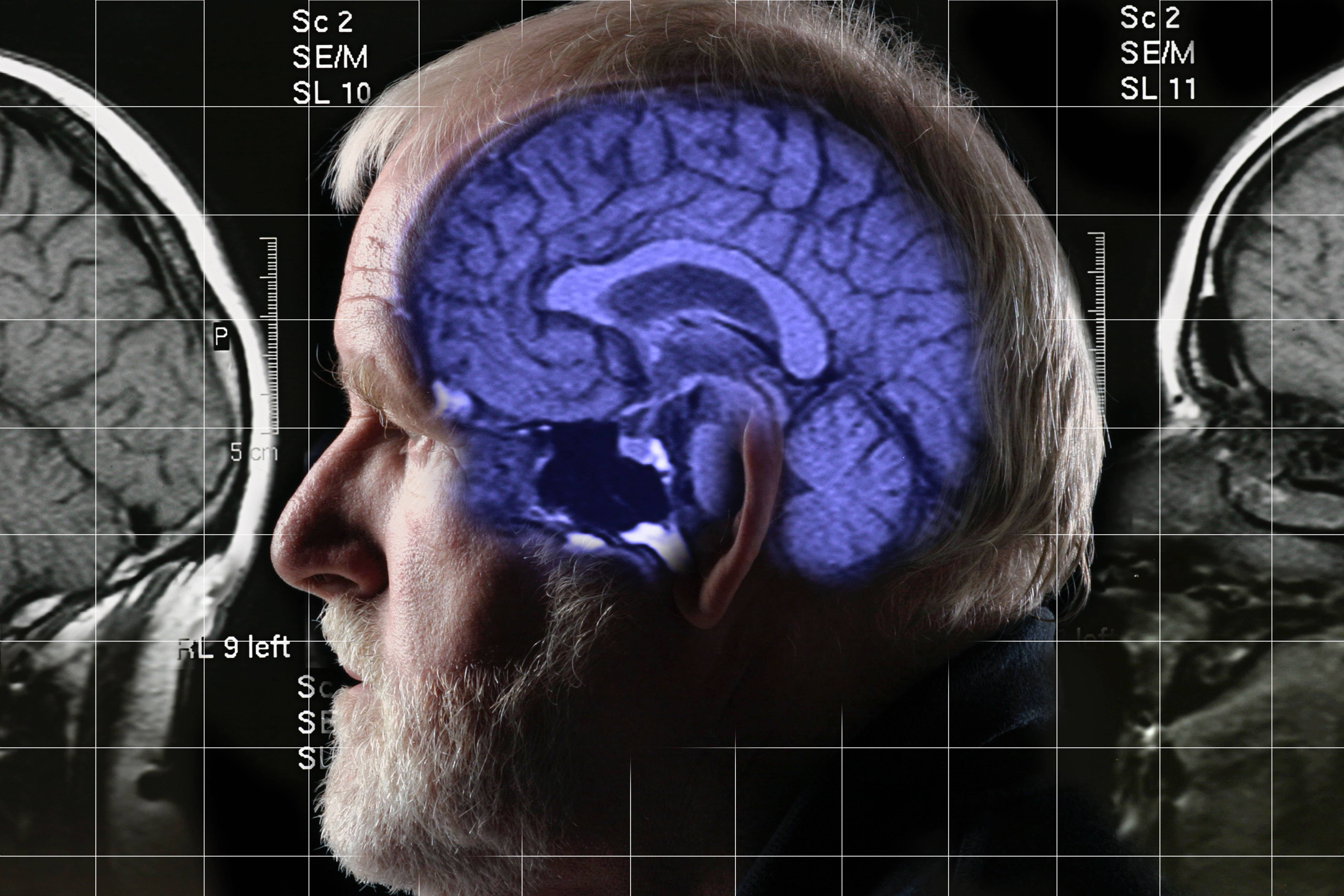Why is this Alzheimer’s breakthrough so important?
Your questions answered on donanemab.

Your support helps us to tell the story
From reproductive rights to climate change to Big Tech, The Independent is on the ground when the story is developing. Whether it's investigating the financials of Elon Musk's pro-Trump PAC or producing our latest documentary, 'The A Word', which shines a light on the American women fighting for reproductive rights, we know how important it is to parse out the facts from the messaging.
At such a critical moment in US history, we need reporters on the ground. Your donation allows us to keep sending journalists to speak to both sides of the story.
The Independent is trusted by Americans across the entire political spectrum. And unlike many other quality news outlets, we choose not to lock Americans out of our reporting and analysis with paywalls. We believe quality journalism should be available to everyone, paid for by those who can afford it.
Your support makes all the difference.Results from a clinical trial have been hailed as a “turning point in the fight against Alzheimer’s disease”.
But what is the new drug and how does it work? Here are your questions answered.
– What is the drug and how does it work?
The drug called donanemab works by clearing a protein called amyloid that builds up in the brains of people with Alzheimer’s.
The latest trial, known as TRAILBLAZER ALZ-2, examined almost 1,800 people with early-stage Alzheimer’s.
Half were given the new drug and half were given a dummy drug, also known as a placebo.
Scientists found that donanemab was able to slow clinical decline by 35.1% in people with early Alzheimer’s whose brain scans showed low or medium levels of a protein called tau.
Some 47% of people taking the drug who had early-stage disease and low or medium levels of tau were found to stall the disease for a year.
– How long will people have to take it for?
Eli Lilly and Company, which manufactures the drug, has said that people could complete a course of treatment in as little as six months once their amyloid plaque is cleared.
During the trial some people were taking the drug for as long as 18 months.
– What were the side effects?
Serious side effects were found in 1.6% of people receiving the drug.
These included brain swelling and brain bleeds.
Meanwhile, three deaths in the donanemab group and one in the placebo group were considered “treatment related”.
– Will we have it on the NHS soon?
We can’t have a situation where treatments are approved for use in the UK but people aren’t diagnosed early or accurately enough to be eligible
The National Institute for health and Care Excellence (Nice) said that it has already started its appraisal work on the drug.
Before Nice gives the drug the green light for NHS use, it needs to be approved by the medicines regulator, the Medicines and Healthcare products Regulatory Agency (MHRA).
Alzheimer’s Research UK has written to Eli Lilly calling on the company to put donanemab forward for regulatory review in the UK “without delay”.
Dementia charities have also said that more work needs to be done to ensure UK patients get diagnosed quickly as the drug was shown to be most effective among people with early-stage disease.
Dr Richard Oakley, associate director of research and innovation at Alzheimer’s Society, said: “We can’t have a situation where treatments are approved for use in the UK but people aren’t diagnosed early or accurately enough to be eligible.”
– What does this mean for Alzheimer’s?
Charities and scientists have welcomed the results as a “turning point in the fight against Alzheimer’s disease”.
They have said that the results, while modest, could one day lead to Alzheimer’s becoming a manageable long-term condition like diabetes.
The results follow that of another amyloid-clearing drug called lecanemab, which was was found to reduce memory decline among patients with early-stage disease.